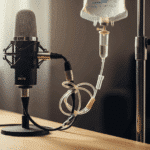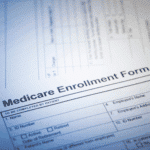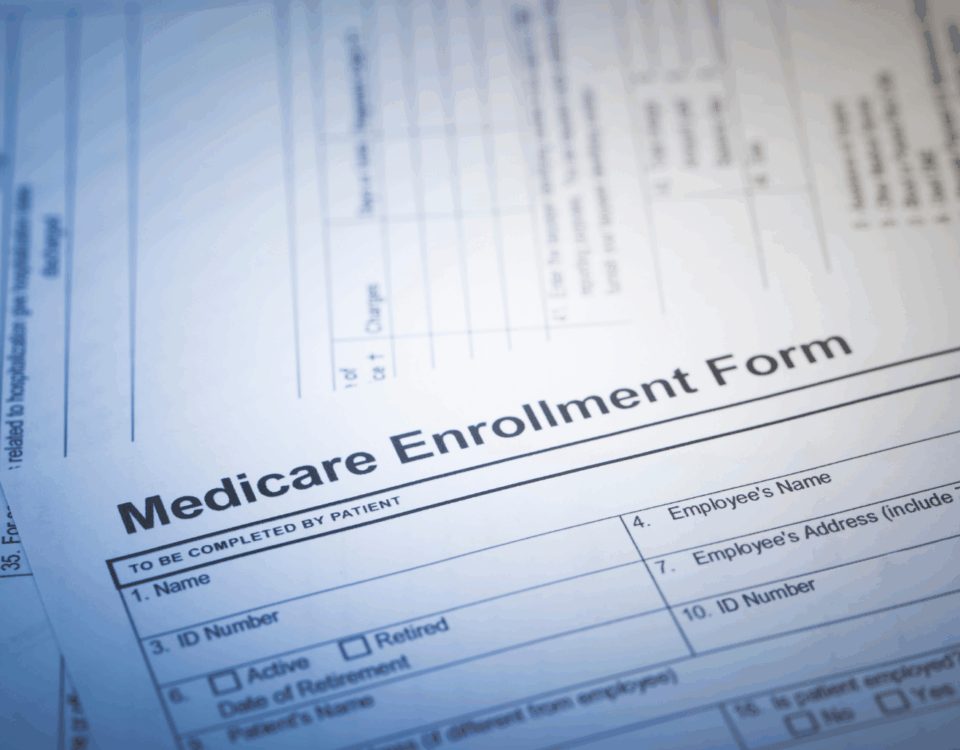FOR IMMEDIATE RELEASE
The National Infusion Center Association (NICA) expresses deep concern over the Colorado Prescription Drug Affordability Board’s (PDAB) decision to impose an upper payment limit (UPL) on Enbrel based on the Medicare Maximum Fair Price (MFP), a move that could have unintended consequences for patients, providers, and the broader healthcare delivery system in Colorado.
Despite substantial concerns raised by physicians, pharmacists, health plans, and patients, the PDAB chose to adopt a price control model that remains untested at the state level and may risk undermining access to critical therapies.
Setting an upper payment limit based on the MFP does not guarantee lower out-of-pocket costs for patients. On the contrary, it could result in new formulary tiering strategies, increased utilization management, and additional cost-sharing burdens, each of which can delay or block access to medically necessary therapies like Enbrel for vulnerable patient populations.
Infusion centers across Colorado play a critical role in ensuring timely, safe, and equitable access to complex biologic therapies. Policies that destabilize reimbursement frameworks threaten the financial viability of these care settings and jeopardize patient access to life-changing treatment.
As the UPL is scheduled to take effect on January 1, 2027, we urge Colorado policymakers to closely monitor the implementation process and enact guardrails to prevent increased administrative hurdles and patient cost burdens. Furthermore, we call on other states to avoid replicating this model without clear evidence that it meaningfully improves affordability and access for patients.
NICA stands with patients, providers, and all stakeholders who believe that drug pricing reform must prioritize access, clinical integrity, and patient outcomes, not price caps that risk unintended harm.For more information about how government-imposed payment limits impact infusion care, visit www.infusioncenter.org.





